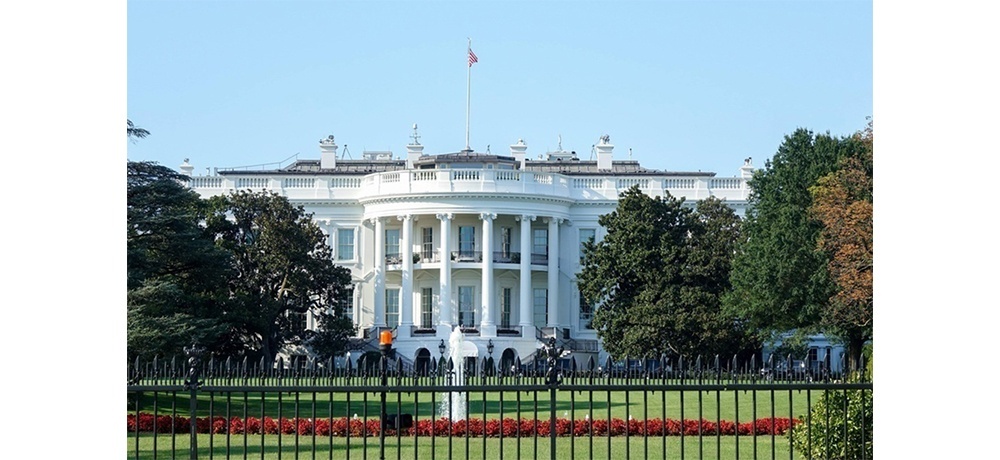
White House Proclamation Extends Previous Visa Suspensions Until March 31, 2021
Categories: Attorneys , Business Immigration , Business Law , Citizenship , Commercial Litigation , Commercial Transactions , Corporate Law , Green Cards , Immigration Law , International Law , Investment Visas , Law Firm , Lawyers , Legal Services , Real Estate , Software Agreements , Technology Law , Trusts And Estates
Link: https://www.whitehouse.gov/presidential-actions/proclamation-suspension-entry-immigrants-nonimmigrants-continue-present-risk-united-states-labor-market/
Pasricha & Patel
Citing the need to continue to protect the U.S. labor workforce during the coronavirus pandemic outbreak, the Trump Administration has announced that it has extended the suspension of visa issuances for various immigrant and nonimmigrant visas at least through March 31, 2021.
The original proclamation 10014 that was signed in April 22, 2020 at the early onset of the Covid pandemic in the United States had temporarily suspended the entry of certain immigrants into the U.S. through December 31, 2020. In a subsequent presidential proclamation 10052 signed on June 22, 2020, the temporary visa ban was expanded to add more visa categories.
As a reminder, the temporary visa ban covered the following types of visa applicants:
(a) an H-1B or H-2B visa, and any individual accompanying or following to join such individual;
(b) a J visa, to the extent the individual is participating in an intern, trainee, teacher, camp counselor, au pair, or summer work travel program, and any individual accompanying or following to join such individual; and
(c) an L visa, and any individual accompanying or following to join such individual.
The proclamation shall apply only to any individual who:
(a) is outside the United States on the effective date of this proclamation;
(b) does not have a nonimmigrant visa that is valid on the effective date of this proclamation; and
(c) does not have an official travel document other than a visa (such as a transportation letter, an appropriate boarding foil, or an advance parole document) that is valid on the effective date of this proclamation or issued on any date thereafter that permits him or her to travel to the United States and seek entry or admission.
It should be noted that this temporary ban does NOT impact the filing or processing of applications for change of status & extension of stay petitions for H-1B and/or L-1 workers who are already present here in the U.S. So, applicants who are eligible for, and wish to file for non-immigrant petitions here in the U.S. can continue to submit their petitions to the USCIS.
The following groups are EXEMPTED from this temporary ban: Lawful Permanent Residents; Any individual who is the spouse or child of a U.S. citizen; Any individual seeking to enter the U.S. to provide temporary labor or services essential to the U.S. food supply chain; And any individual whose entry would be in the national interest as determined by the Secretary of State, the Secretary of Homeland Security,or their respective designees. Also, subsequent to these various presidential proclamations, the U.S. Department of State published more specific guidelines about what would be considered National Interest Exceptions (NIEs) to the visa ban. For example, the Department of State guidelines explain that those who qualify for H-1B worker visa issuance, and who can demonstrate that the H-1B worker is returning to the U.S. to resume previous approved employment in the same visa category; or their area of work would meet specific criteria, such as, if the U.S. employer/sponsor’s services is fulfilling a critical U.S. infrastructure need; or if the foreign worker possesses unusual or highly skilled expertise or experience in his/her field; or if the H-1B visa applicant holds a senior level position in the company; or if the H-1B visa applicant meets high wage requirement (being paid at least 15% of prevailing wage), those workers would be considered to fall under the National Interest Exception (NIE), and would be issued visas to come to the U.S., provided they meet all other necessary eligibility requirements. The U.S. Department of State also outlined NIEs for L-1 visa applicants as well.
This latest December 31, 2020 proclamation takes effect immediately, and it will be reviewed within 15 days for possible modifications by the relevant U.S. departments and agencies.
It will be noteworthy to see whether this latest visa ban will be continued under the new Biden administration or not, because the series of visa bans announced by the Trump administration has been part of his policy of the “Buy American, Hire American” executive order of April 18, 2017, which many critics have viewed as overly restrictionist and unnecessary.
Due to the ever changing circumstances of current events, we do encourage readers to continue to watch this space for any further developments. Should readers have any questions or concerns about this proclamation or any immigration questions that are specific to their own circumstances, we suggest you contact our office to schedule a formal consultation and we can discuss your concerns further.